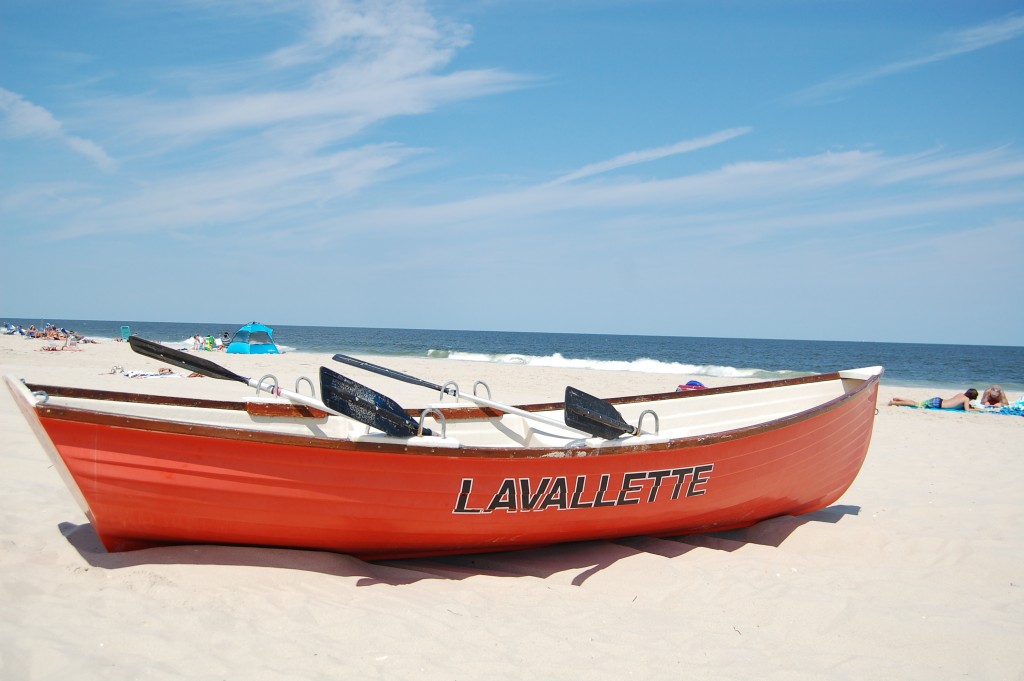If the traffic jams, crowded supermarkets and ample boat wakes weren’t proof enough that the Jersey Shore was continuing to attract tourists even during the coronavirus pandemic, numbers don’t lie.
Lavallette officials said at a borough council meeting Monday night that the town had already taken in more beach badge revenue than the total by the end of June 2019.
Through June 21, the borough had collected $734,750 in beach badge revenue, compared to $688,275 by the end of June last year.
The numbers do not necessarily reflect overall attendance, since beach badge prices rose this year by $2 for daily badges, $5 for weekly badges and $10 for full-price season badges. But the increase in revenue shows that, by and large, both residents and tourists are still coming to the beach in numbers approximately equal to or more than previous years.
“All things considered, it’s really good, especially with the way the season started,” said Councilman Michael Stogdill. “It’s very encouraging. People are coming down – the beach this weekend was like going in in August, it was beautiful. The crowds were great.”
The borough even set up three extra lifeguard stands between Jersey City and Trenton avenues on the south side of town to accommodate beachgoers and ensure there was no glut of swimmers in front of an individual stand – a no-no in the social distancing age.
The borough also initiated its new system for selling daily badges to encourage social distancing. Daily beach badges are now sold at a central location – the town’s Little League field – instead of at the beach entrance. This leads to fewer employees having to handle cash and provides more room for sales to take place. The borough has placed electronic signs at the entrance to town on Route 35 notifying day-trippers of the change.
“There were some instances where people didn’t see the signs or didn’t read them and went to the beach,” said Stogdill. “But people were very understanding about it. Maybe they weren’t happy, but they would come back and tell the badge checker the process wasn’t that bad.”
All of the borough’s departments have adapted well to the new system and will continue to monitor crowds and make suggestions for smooth operations. Public Works employees put together the extra stands, painted them, and tinkered with what is usually a snack booth at the baseball field to turn it into an air-conditioned sales office.
“Public Works did an outstanding job preparing the booth at the Little League field,” said Councilman James Borowski. “Most people said it was an exceptional idea, and it worked out well.”

Advertisement

Ortley Beach & North Beaches
Landmark Ortley Beach Breakfast Spot Looks to Expand

Ortley Beach & North Beaches
‘Temporary’ 70-Foot Cell Tower on Route 35 in Ocean Beach OK’d to Return

Seaside Heights & Seaside Park
Beloved South Seaside Park Restaurant Will Remain Open As Developer Seeks to Demolish Block

Seaside Heights & Seaside Park
In Seaside Heights, A $50M Flagship Building Rises Over the Boulevard in a Famed Location

Police, Fire & Courts
Ocean County Sheriff Establishes Drone Command Center in Seaside Heights Amid New Video






